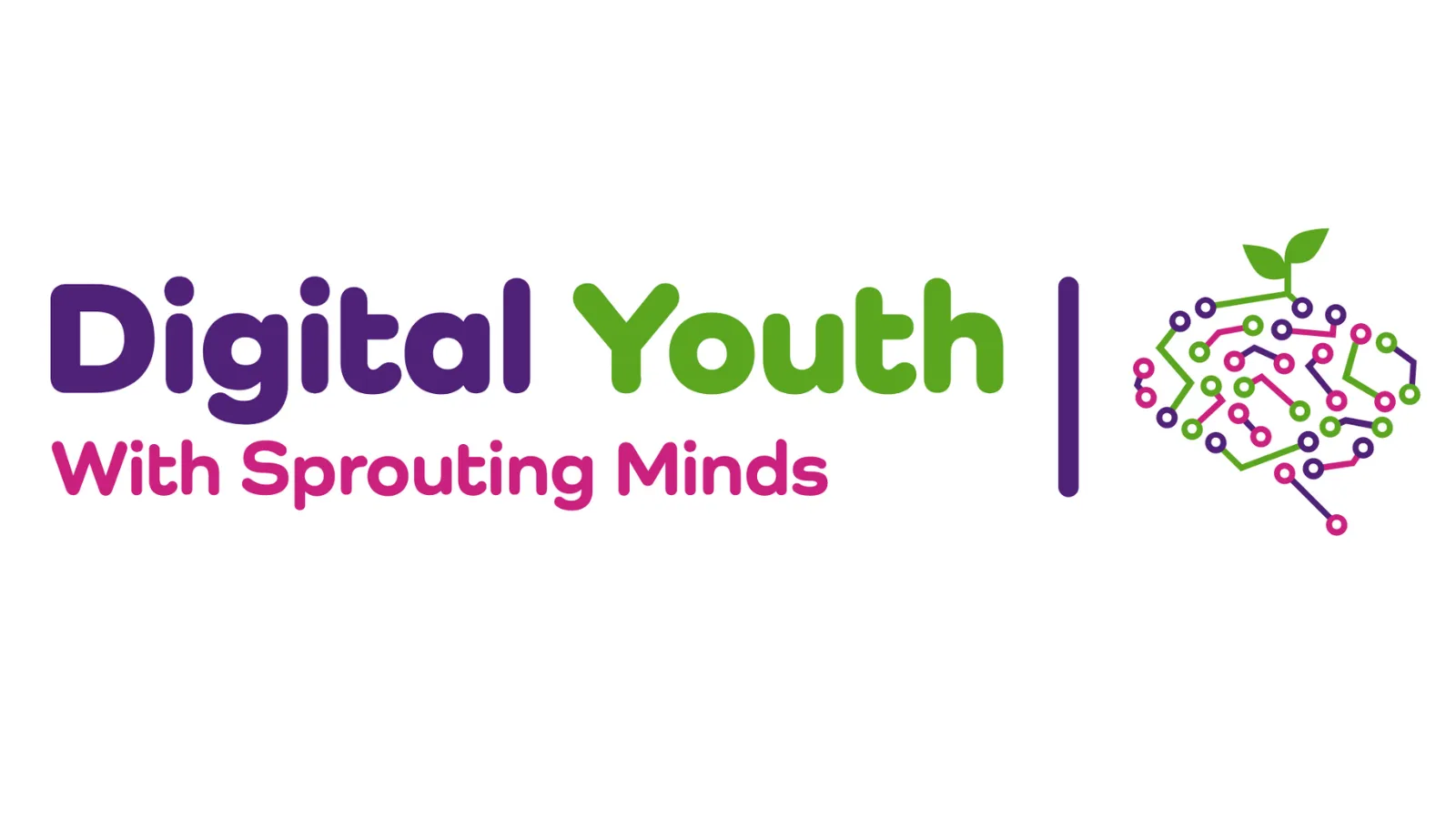Dynamic Interplay of Online Risk and Resilience in Adolescence (DIORA)
A collaboration between King’s College London and the London School of Economics and Political Science (LSE), this project explores adolescents’ online experiences and their relationship to changes in mental health.
Research highlights adolescent digital engagement either as a mental health risk or as a source of support or resilience. However, the ways in which digital engagement has its effects during adolescence, either positive or negative, remain poorly understood.
Many questions remain. Do different mental health conditions lead to different patterns of digital engagement or exposure to risks or benefits? What aspects of digital engagement contribute to different mental health outcomes?
To address these issues, in DIORA we research young people with different mental health conditions to identify the potential negative and positive effects of digital engagement.
“The popular media is full of claims about the way adolescents use the internet and how this impacts their mental health, seemingly backed up by research evidence. However, a lot of that evidence is cross-sectional in nature which means that we can’t say whether it is the internet use that drives mental health or mental health states that drive internet use. This makes sensible intervention to improve mental health impossible. DIORA will answer this vital question!” – Professor Edmund Sonuga-Barke, Professor of Developmental Psychology, Psychiatry and Neuroscience at King's IoPPN and co-lead of the project.
“It is time to understand the role played by “digital engagement” in the emotional lives and mental health of adolescents, so that policymakers and practitioners can tailor their support effectively. Our project will pay close attention to the interplay between mood and digital activities among young people struggling with eating disorders and self-harm. Does going online help or hinder – and when and why? We aim to find out.” – Professor Sonia Livingstone, Professor in the Department of Media and Communications at the London School of Economics and Political Science and co-lead of the project.
Aims
- Do adolescents’ digital and non-digital activities/experiences impact on their mental health over a 6-month period and/or vice versa?
- Are these effects mediated by their short-term impacts on psychological and emotional states?
- Are these relationships moderated by adolescents’ personal characteristics or circumstances?
- Do these processes and effects differ for digital and non-digital (face-to-face) experiences?
Methods
We will conduct an intensive longitudinal study across a six-month period involving adolescents living with - and without - mental health difficulties. DIORA combines a mix of qualitative and quantitative approaches.
Detailed data on psychological and emotional states, digital engagement and offline activies will be collected digitally over a six-month period. Mental health will be assessed at regular intervals via self- and proxy-report questionnaires completed online. We will also conduct qualitative interviews to get a detailed account of adolescents’ own understanding of their digital engagement, how they are affected by it and how they use digital technologies for the self-management of their mental health.
The data analyses will chart patterns of digital engagement and examine how the pathways to protective or risky environments relate to patterns of psychological and emotional states, triangulating between qualitative and quantitative data.
DIORA was preceded by a pilot project on Adolescent mental health and development in the digital world involving a multi-stakeholder qualitative study on the risks and benefits of digital technology use.
Funding
The project is funded by the UK Research and Innovation (UKRI) Digital Youth Programme award (MRC project reference MR/W002450/1) which is part of the AHRC/ESRC/MRC Adolescence, Mental Health and the Developing Mind programme.
Our Partners

University of Nottingham

The Open University

University of Oxford

University College London








